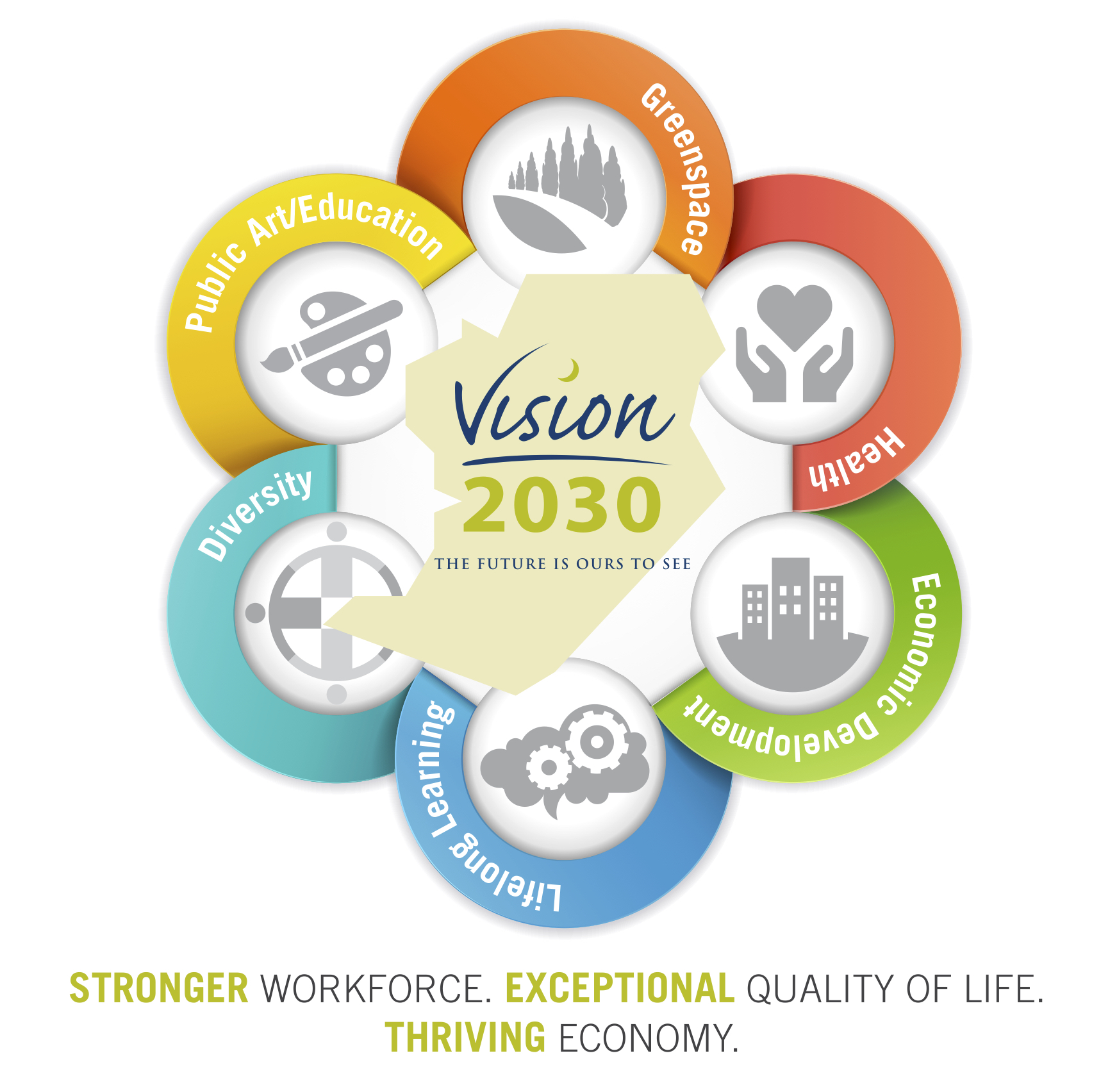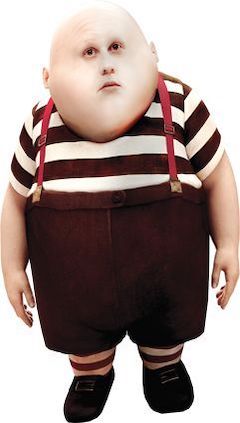Saudi Arabia’s 106-Mile City of the Future
Imagine a city that isn’t spread out with neighborhoods, streets, and parks as you know them, but instead, a single, massive building stretching for miles and miles. This might sound like something out of a science fiction movie, but it's not. It’s real, and it’s being built in Saudi Arabia. This incredible project is called "The Line," and it’s part of a bigger plan called Neom, which aims to transform a vast desert into a futuristic oasis.
What Is The Line?
The Line is unlike any city you’ve ever seen or heard of. Instead of spreading out horizontally, like the cities you know, The Line goes straight up and down. Imagine two parallel skyscrapers, each one stretching 106 miles (170 kilometers) long and 1,640 feet (500 meters) high. To give you some perspective, that’s taller than most of the tallest buildings in the world! These two skyscrapers will be only 656 feet (200 meters) wide and will have a shiny, mirrored exterior that reflects the surrounding desert and sky.
Inside these buildings, everything you need for life will be stacked vertically. That means homes, schools, parks, offices, and shops will all be layered on top of each other. You could walk from your house to a park or a classroom in just a few minutes without ever leaving the building!
A City Like No Other
One of the coolest things about The Line is how it’s designed to work. Because it’s so tall and narrow, getting around won’t involve cars or buses. Instead, there will be a high-speed train that zooms from one end of the city to the other in just 20 minutes. So, if your friend lives 106 miles away, you could visit them in the time it takes to watch an episode of your favorite show.Everything in The Line is planned to be super convenient. No matter where you live, you’ll be just a five-minute walk from anything you need, whether it’s a store, a school, or even a park. And speaking of parks, The Line will have lots of green spaces and nature woven right into the city. There’s even talk of including things like waterfalls and an artificial moon that you can look at every night.
A Green and Clean City
One of the big goals for The Line is to be environmentally friendly. Unlike most cities, there will be no roads, no cars, and no pollution. Instead, The Line will run entirely on clean energy. This is part of Saudi Arabia’s bigger plan, called Vision 2030, to create a more sustainable future.
Vision 2030 and The Line
So, when will people actually start living in this futuristic city? The first residents are expected to move in by the year 2030. That might seem like a long way off, but in the world of city-building, it’s just around the corner. The Line is part of a huge project called Neom, which is designed to attract millions of visitors every year and make Saudi Arabia a top travel destination, competing with popular places like Dubai and Abu Dhabi.
Neom isn’t just about The Line, though. It will also include airports, green energy plants, and other high-tech developments. The idea is to create a “country within a country,” where people from all over the world will want to live and work.
Why Not Everyone’s Excited
Even though The Line sounds amazing, not everyone thinks it’s a good idea. Some people are worried that building a city like this might not be the best way to solve problems like pollution and overcrowding. For example, one scientist pointed out that a straight-line city might not be the most efficient shape for getting around. If you live in The Line and want to visit someone far away, it could still take a long time to get there, even with a fast train.
Others are concerned that Saudi Arabia might be focusing too much on tourism and not enough on other important areas, like education and research.
What Do You Think?
The Line is one of the most ambitious projects the world has ever seen. It’s a city that could change the way we think about urban life and the environment. But like all big ideas, it has its challenges. As students and future leaders, it’s important to think critically about projects like this. What do you think about The Line? Would you want to live in a city like this? Or do you think there are better ways to create the cities of the future?























